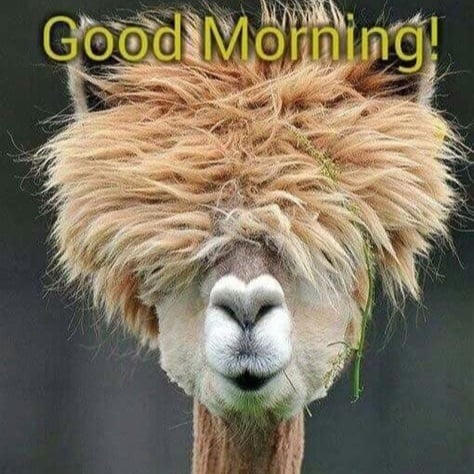- cross-posted to:
- astronomy@mander.xyz
- cross-posted to:
- astronomy@mander.xyz
After NASA and SpaceX conducted a feasibility study late that year, it was recommended that the space agency continue investigating the possibility of a commercial mission. At a minimum it could safely re-boost the telescope, but there were also options that included attaching star trackers and external gyroscopes to compensate for the telescope’s ailing pointing system.
But NASA decided not to pursue the option.
“Our position right now is that, after exploring the current commercial capabilities, we are not going to pursue a re-boost right now,” Clampin said Tuesday.
Asked about the study, which NASA has declined to release for proprietary reasons, Clampin said, “It was a feasibility study to help us understand some of the issues and challenges that we might have to face,” he said. “There were options such as the possibility of doing enhancements by adding gyros to the outside of the telescope, but they were really just notional concepts.”
NASA has evidently decided that it is safer to let Hubble age out on its own than take a chance on private hands touching the hallowed telescope. We’re about to see how that goes.
cross-posted from: https://sh.itjust.works/post/20379283


